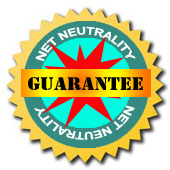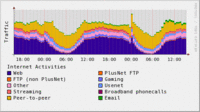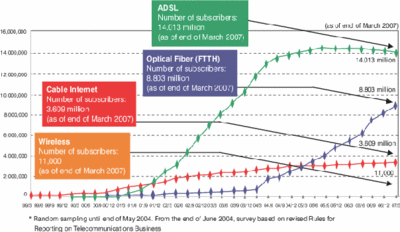 Muddying the web:
Muddying the web:
Raph Koster makes the point that virtual worlds are becoming more and more intertwined with (and perhaps indistinguishable from) the web. Anything with an avatar, a way to have both real-time and not-real-time communication, and some spatial metaphors is both a virtual world and… Facebook.I think this is right, and it’s just an extension of how Mosaic, the original web browser came to be: Marc Andreesen decided to mix computer game interfaces with Internet access.So here’s a downloadable manuscript called The Web: Hidden Games. It’s not the deepest piece of writing, but it’s an implementation of the Raph idea. The author cheerfully suggests that Facebook, YouTube, and Digg are addictive because they’re really games. They’ve got set rules, they’re fun, and you can try to beat the other guy.
— Are you winning at Digg? Susan Crawford, Susan Crawford Blog, 10 Jan 2008
I don’t think Raph or Susan goes far enough. Continue reading








